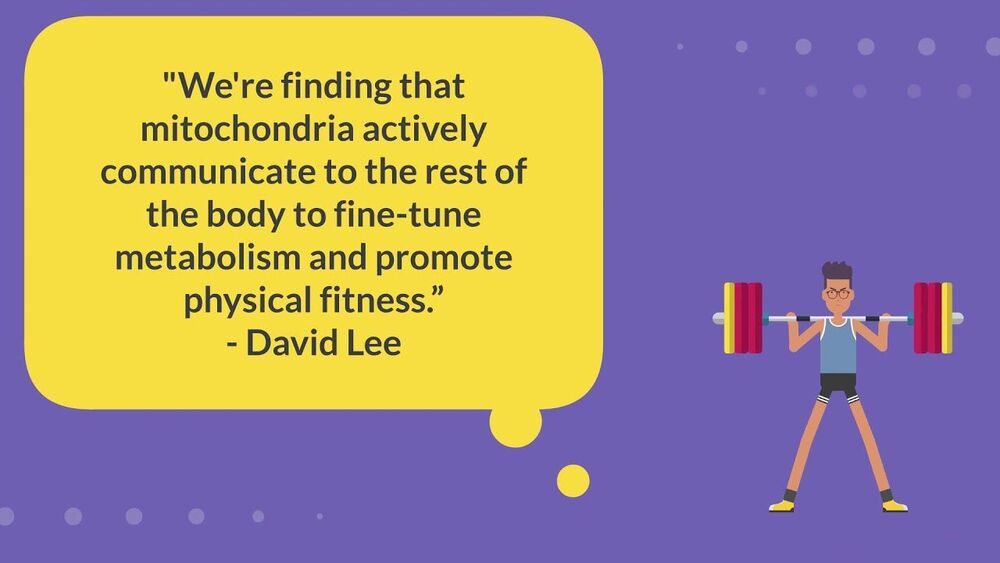A new study shows that humans express a powerful hormone during exercise and that treating mice with the hormone improves physical performance, capacity and fitness. Researchers say the findings present new possibilities for addressing age-related physical decline.
The research, published on Wednesday in Nature Communications, reveals a detailed look at how the mitochondrial genome encodes instructions for regulating physical capacity, performance and metabolism during aging and may be able to increase healthy lifespan.
“Mitochondria are known as the cell’s energy source, but they are also hubs that coordinate and fine-tune metabolism by actively communicating to the rest of the body,” said Changhan David Lee, assistant professor at the USC Leonard Davis School of Gerontology and corresponding author of the study. “As we age, that communication network seems to break down, but our study suggests you can restore that network or rejuvenate an older mouse so it is as fit as a younger one.”
